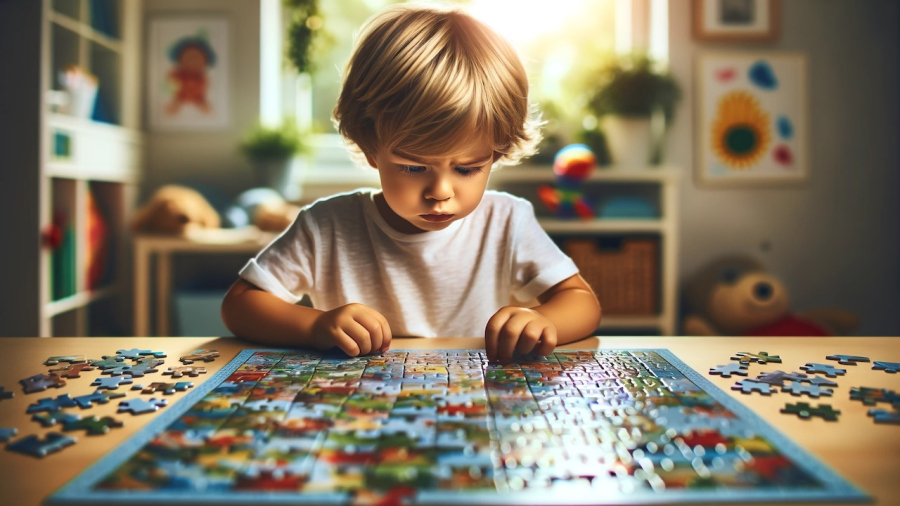Writing Practice
Most children nowadays start learning to write at the age of 5, which is also the best age for children to practice writing. There is a saying “bend the tree when it is still young,” we should take advantage of the time when children haven’t formed their handwriting yet to correct them as early as possible. Besides, in grades 1 and 2, there are usually not many homework assignments, so children will have more time for writing practice.
When guiding your child in writing, parents should not focus too much on quantity, but rather on quality. If parents are worried that their children will get bored if they write too much, they can let their children copy 2 or 3 lines every day.
First of all, parents should teach their children how to hold a pen correctly. If you see your child holding it incorrectly, you should correct it in a timely manner and patiently teach them the correct way to hold a pen. Creating the habit of holding a pen correctly when starting to learn to write will help children write clearly and meet the standard.
After that, parents should guide their children to sit in the correct posture when writing. Children need to be able to sit comfortably, without being constrained, with both hands placed in the right support points specified in order to control the pen according to the command of the brain. Finally, practice the child to master the basic strokes of letters.

Concentration Skills
One of the main factors that affect a child’s learning outcomes is concentration. If a child cannot concentrate in class and listen to the lessons, most of the learning outcomes will not be high. For children in grades 1 and 2, it will be difficult to detect the problem, but when they reach grade 3, the child’s academic performance will clearly decline.
Therefore, when your child is in grade 1 or 2, parents should cultivate their concentration skills. This can be done through games. For example, parents can play concentration games with their children such as finding objects, puzzles, mazes, or require them to complete tasks within a limited time, such as tidying up or doing something else. To encourage the child, parents can also set some rewards to motivate them to participate.

Study in the Morning
After a night of rest, our body and brain are refreshed, and waking up in the morning is when our energy is at its peak. This is also the best time to study. Because our brain tends to be most active in the morning, after a good night’s sleep and breakfast.
Therefore, parents should take advantage of this golden time to optimize their child’s learning. This will also help children develop a good habit.
In general, the primary school period is very important for children. It can be said to be the stage for parents to establish a solid foundation for their children’s future. So parents should grasp this opportunity and apply the above good habits to nurture their children. With these habits, the future of the child will be very bright.
Mothers’ Need for Awareness of Dual Activity of Breastfeeding and Watching TV
In the contemporary world, in which technology pervades our lives, some mothers tend to soothe their babies through nursing while simultaneously watching television. Although this practice may not appear to affect the infant, studies show that it can in fact have dire repercussions on the baby’s well-being, both in terms of physical health and mental growth. In this article, we will look at the possible reasons for this activity and its potential outcomes.





































